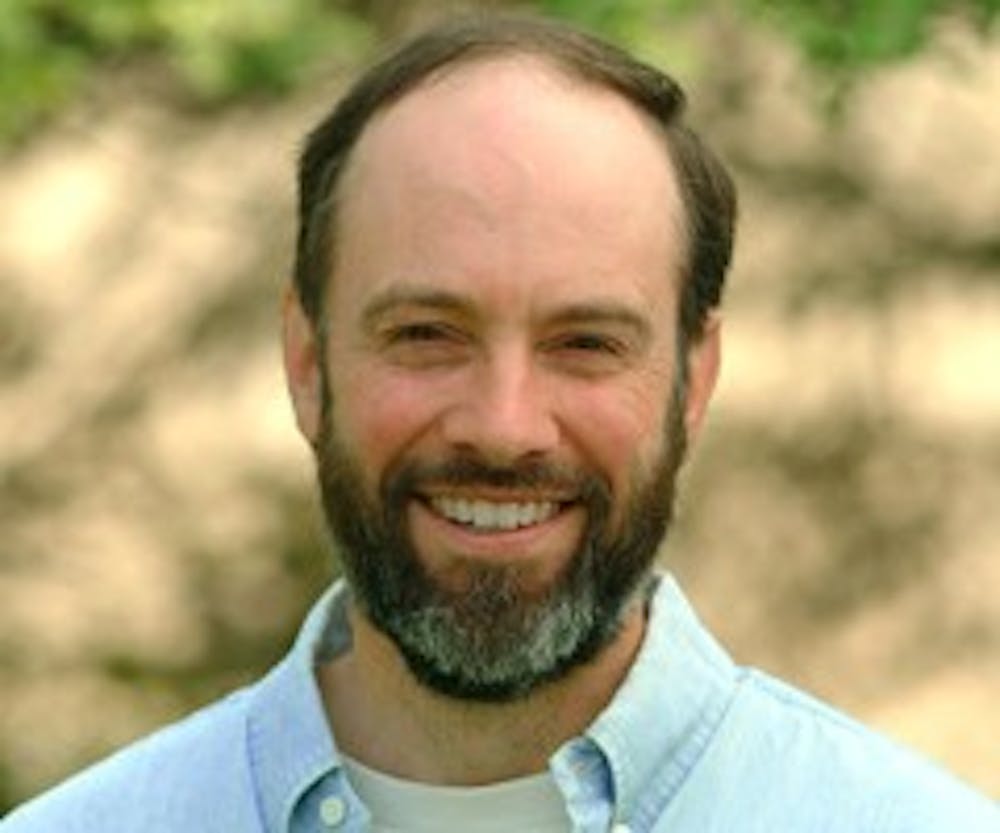Philip Ackerman-Leist, an associate professor of environmental studies and director of the Farm and Food Project at Green Mountain College, is the author of “Rebuilding the Foodshed” and “Up Tunket Road.”
Staff writer Lynsay Williams spoke to Ackerman-Leist about sustainable living and a lecture he gave on campus Thursday.
Daily Tar Heel: What do you hope students take away from the event?
Philip Ackerman-Leist: I think college students are a really critical force in the rebuilding of local food systems. It’s really important to have institutions of higher education involved in this whole process because these institutions have enormous purchasing power. Students help bring the really important values to the table in this conversation.
DTH: Where did you get the inspiration for your new book, “Rebuilding the Foodshed?”
PAL: The book is actually a project that was born out of a collaboration between the Post Carbon Institute and Chelsea Green Publishing. It’s a really interesting project. They really wanted to focus in on rebuilding local — in really all parts of that word — so they decided to do a series, the Community Resilience Guides series, a series on rebuilding local economies.
My book, “Rebuilding the Foodshed,” is the third in the series, and it’s focused on community based food systems.
DTH: How did you become passionate about sustainable living?
PAL: I grew up in North Carolina, and some of the richest childhood experiences I had were during the time when I lived in Gastonia, North Carolina, and it was always the woods between our house and the textile mills actually. That was a place of solace and retreat for me — a place of magic and kinship with the environment and the natural world — and that was something I was always looking for. My family moved to Smithfield, North Carolina; we were in a more suburban context. I never felt at home there.



